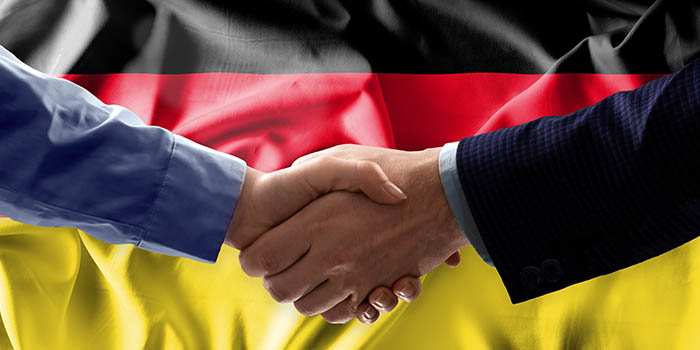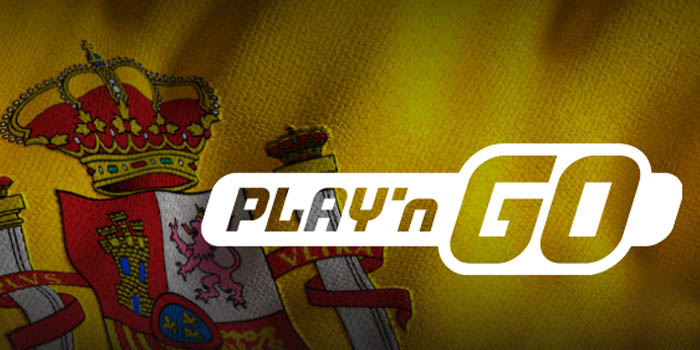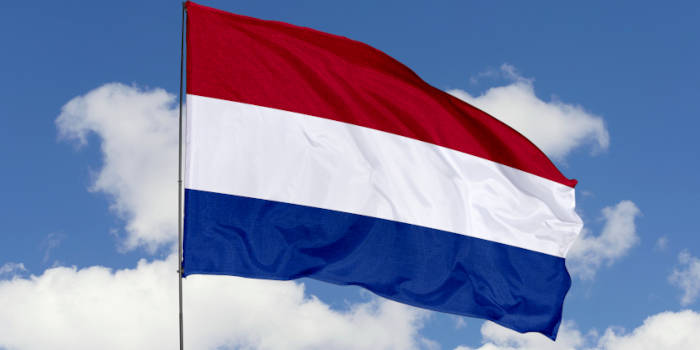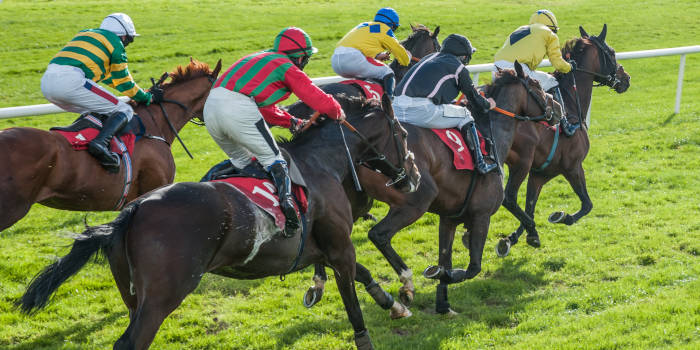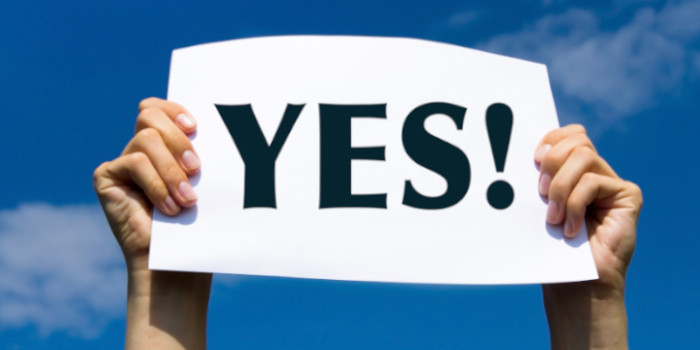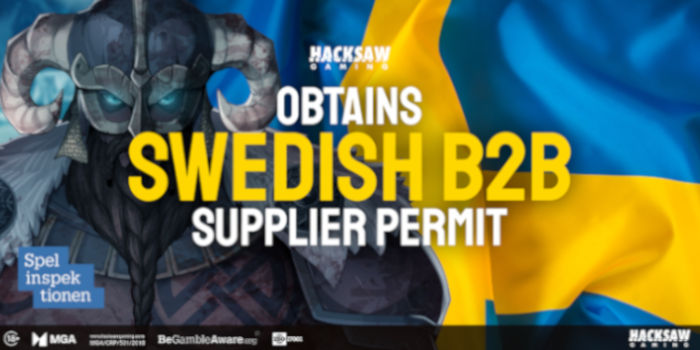Putin Signs Law to Create Universal Gambling Regulator

Russian President Vladimir Putin has signed the law that creates the Unified Gambling Regulator, which will oversee the gambling industry in the country.
Putin Signs New Gambling Law, Creates Regulator
President Vladimir Putin has signed a law paving the way for Russia’s Unified Gambling Regulator, a new monitoring body that comes as part of the country’s efforts to re-regulate the gambling industry and avoid capital outflows to illegal operators.
The new law was publicized on Wednesday, December 30, and it will serve to improve transparency and suspend access to unlicensed operators. Russia has been toughening the stance on non-regulated gambling activities in the country for a while now, and the latest measure is a step in this direction.
The Unified Gambling Regulator will operate under the Ministry of Finance and focus exclusively on unearthing illegal operations while upholding industry standards for established and licensed parties.
According to the official document, the legislation aims at improving the efficacy of state control and supervision in all matters of compliance with existing legislation that mandates the organization and conduct of gambling operations in Russia.
The new regulatory body will cooperate with the Federal Tax Service of Russia in a bid to detect illegal activities, organizations and individuals who have operated clandestinely on the Internet.
To bolster and improve security, the regulator will now monitor betting transactions from and to companies that operate betting and gambling products and monitor consumers.
Another change in the current regulatory climate is the fact that individual operators will no longer pay directly to sports bodies, which they support, but rather to the state, which will then distribute the levy collected for sports through a private company, details about which are yet to be established.
Upping the Tax Ante for Small Operators
Gambling firms are expected to pay 1% of their revenue in support of Russian sport, both youth and professional, leading to what lawmakers hope will be a more sustainable future for sports in the country.
A payment baseline of $403,000 a quarter has been established, meaning that even if the revenue criterion on which the percentage is calculated isn’t satisfied, the operator would still need to meet the payment. This will naturally make it hard for up-and-coming companies to stay competitive while giving an unfair advantage to long-standing partners and operators.
The new minimum levy has prompted some, including VulcanBet, one of the leading betting firms, has announced that it’s quitting the Russian market altogether. Parimatch newly-appointed CEO Dmitry Sergeyev has cautioned that while his company is ready to take on new regulatory challenges, Russia would do best not to see the betting industry as a “milking cow.”
Putin’s signature also authorizes the media and internet watchdog, Roskomnadzor, to ban online resources that are biased against Russian media, citing popular platforms such as Facebook, Twitter and YouTube. There is a grace period of 270 days allowing for all operators that may be not in compliance with the new laws to adjust and enact all necessary changes.
Mike made his mark on the industry at a young age as a consultant to companies that would grow to become regulators. Now he dedicates his weekdays to his new project a the lead editor of GamblingNews.com, aiming to educate the masses on the latest developments in the gambling circuit.





